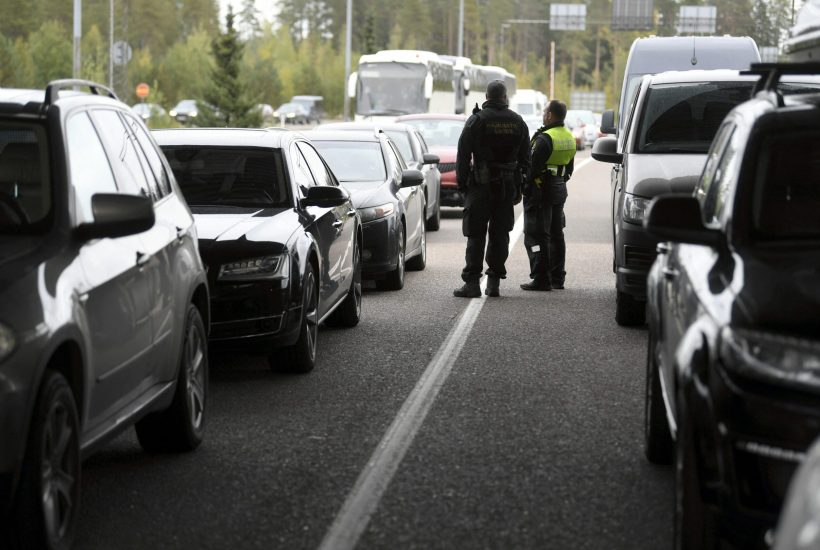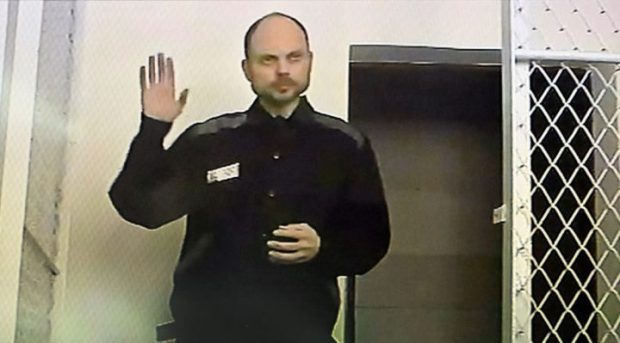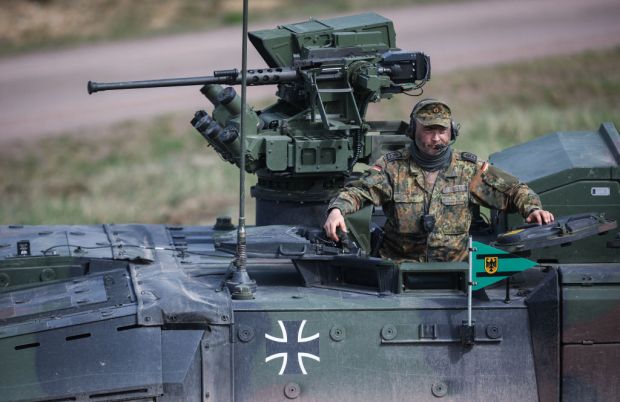Ever since the war in Ukraine started there have been reports about Russians emigrating, either fleeing conscription or simply dismayed at the conflict and Putin’s authoritarian turn. Moscow has previously dismissed reports that as many as 700,000 could have fled. But that figure no longer looks so far-fetched in the light of data just released by the FSB saying 9.7 million trips out of the country were made in the third quarter of this year (July to September), almost double the number made between April and June.
This figure was slipped out over the weekend and has so far gone unreported in the English-language press. It’s significant as it covers 21 September, the day that Putin announced his military enlistment plan. In the days that followed, flights out of Russia sold out and EU records showed the arrival of 66,000 Russian citizens, a 30 per cent rise on the previous week. The Kazakhstani authorities put the post-21 September influx of Russians at 200,000. By the end of the month, thousands were queuing at border checkpoints across the country, trying to leave.
What to make of the FSB’s 9.7 million figure? It doesn’t factor in return journeys, so would certainly count holidays. Also, trips are counted individually. So if a Russian left the country multiple times within the three month period, each of those border crossings will have been counted separately. We do know that the total outflow doubled, but we don’t know how many of these 9.7 million were one-way journeys.
FSB records show most travellers unwilling to declare why they were leaving the country, with most stating it was for ‘private purposes’, and not business or tourism. This suggests many Russians may have been wary of being asked too many questions at border control, particularly following Putin’s announcement when news began to filter out that border guards had started stopping those of fighting age trying to leave the country without good reason.
The FSB’s data also revealed that trips to the former Soviet republics of Kyrgyzstan, Tajikistan and Armenia, along with Kazakhstan, broke a five-year record for the number of Russian citizens entering. The figures, do of course, also cover the peak summer holiday season, which partially accounts for the high number of travellers.
Turkey, for example, already accounted for approximately 60 per cent of all summer travel from Russia, according to the Russian Tour Operators Association. As I mentioned above, this is partially due to Turkey allowing visa-free entry to Russians, making this a particularly appealing holiday destination. Additionally, the country became a sort of travel hub for Russians after Europe closed its skies to Russian air traffic following February’s invasion of Ukraine. As a result, many Russians have been crossing into Turkey for connection flights and onward travel, thus bypassing the issue.
Nevertheless, the data does provide strong hints that indicate Putin’s military call-ups are behind this high number of trips over the Russian border. According to the statistics published, of the 1.3 million trips made into the country, 30,000 border crossings were made on foot. Similarly, of the 461,000 crossings into Georgia, 460,000 were made by car. These figures correspond with anecdotal evidence provided by authorities in both countries.
Shortly after 21 September, Kazakhstan officials said that, on account of the ‘desperate situation’ in Russia, the flow of Russians entering Kazakhstan had doubled to approximately 20,000 a day. In Georgia, a pedestrian border crossing was opened on 29 September after a queue of cars built up stretching over two miles. The data also shows that before Finland closed its border with Russia on 30 September, the number of cars crossing over exceeded 1,000 per day during those three months, breaking the previous record for daily crossings.
How much should we trust the FSB’s data? It is Russia’s equivalent of the Home Office but, it is, notoriously, also part of the country’s security and spying apparatus. It is likely to doctor or tweak the figures in the face of what is proving to be a disastrous war campaign in Ukraine, not to mention a hugely erroneous conscription effort – this should not be discounted. What data for October to December shows will also be significant. But, nevertheless, what these figure underline is that more Russians than we think don’t want any part in Putin’s war.
The post How many Russians have fled? appeared first on The Spectator.
Got something to add? Join the discussion and comment below.
Get 10 issues for just $10
Subscribe to The Spectator Australia today for the next 10 magazine issues, plus full online access, for just $10.



















Comments
Don't miss out
Join the conversation with other Spectator Australia readers. Subscribe to leave a comment.
SUBSCRIBEAlready a subscriber? Log in